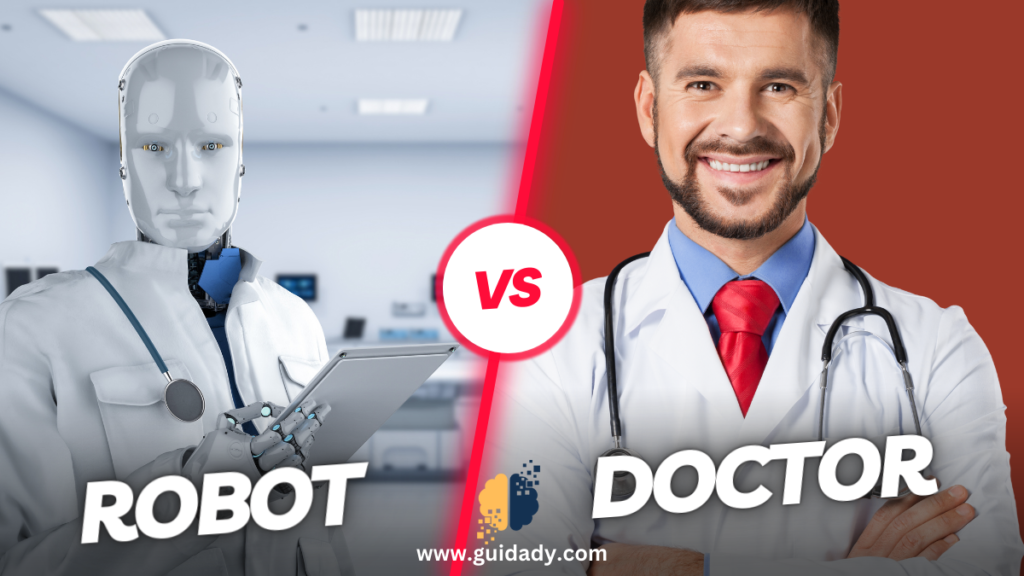This is a question that many people are asking as artificial intelligence (AI) becomes more advanced and accessible. AI tools are already being used to assist doctors in various tasks, such as diagnosing diseases, recommending treatments, and monitoring patients. But can AI tools replace human doctors entirely?
The answer is not so simple. AI tools have many advantages over human doctors, such as speed, accuracy, consistency, and scalability. They can process large amounts of data, learn from previous cases, and provide evidence-based solutions. They can also work 24/7 without fatigue or bias.
However, AI tools also have many limitations and challenges. They are not able to understand the context, emotions, values, and preferences of each patient. Robots are not able to explain their reasoning or handle uncertainty and ambiguity. They are not able to adapt to new situations or cope with ethical dilemmas. They are also dependent on the quality and availability of data and algorithms.
One example of an AI tool that gives healthcare advice is Dr. Gupta AI. This is a chatbot that uses natural language processing and machine learning to answer health-related questions. Users can type or speak their symptoms, medical history, and concerns, and Dr. Gupta AI will provide a possible diagnosis, treatment options, and referrals to specialists if needed.
Dr. Gupta AI claims to be able to diagnose over 500 conditions with 90% accuracy. It also claims to be able to save time and money for users and reduce the burden on the healthcare system. However, Dr. Gupta AI is not a substitute for a human doctor. It is only a tool that provides information and guidance based on the data it has access. Bots cannot perform physical examinations, order tests, prescribe medications, or perform surgeries. It also cannot guarantee the accuracy or completeness of its advice or take responsibility for its outcomes.
On the other hand, an article published on Hunimed, confirms that robots will never replace human doctors.
Of course, some tasks will change, others will go away entirely. But, there will never ever be a scenario where automation via a robot or an algorithm will replace a doctor.
www.hunimed.eu
In 2017, a study conducted by Massachusetts General Hospital and MIT revealed that an AI system was as good as or even better than radiologists in interpreting mammograms for identifying high-risk cancer lesions that require surgery. Similarly, the Journal of the American Medical Association reported in the previous year that Google demonstrated computers’ ability to examine retinal images of diabetic patients, which was comparable to that of ophthalmologists.
Therefore, the question of whether doctors will get replaced by robots is not a yes or no question. It is a question of how humans and machines can work together to provide the best possible healthcare for everyone. AI tools can augment and enhance human doctors’ capabilities, but they cannot replace their skills, experience, judgment, and compassion.
